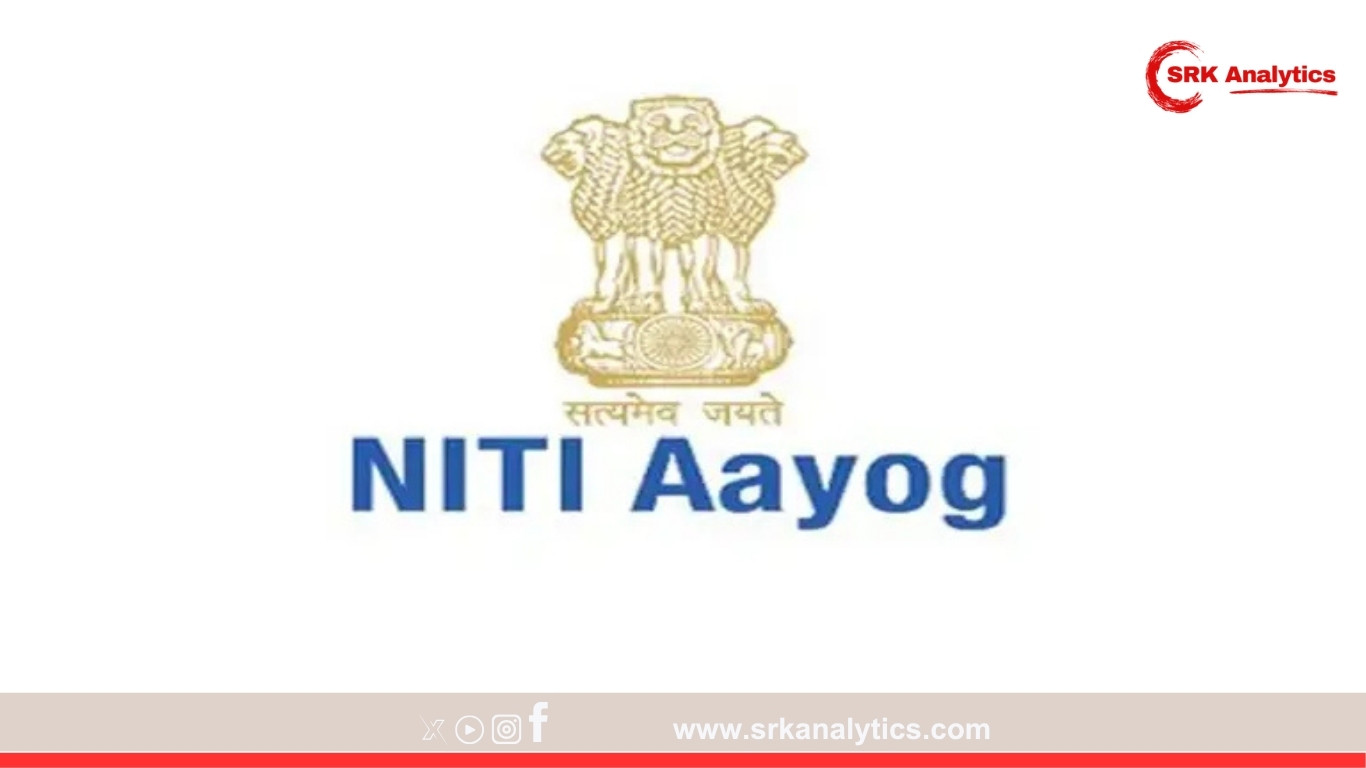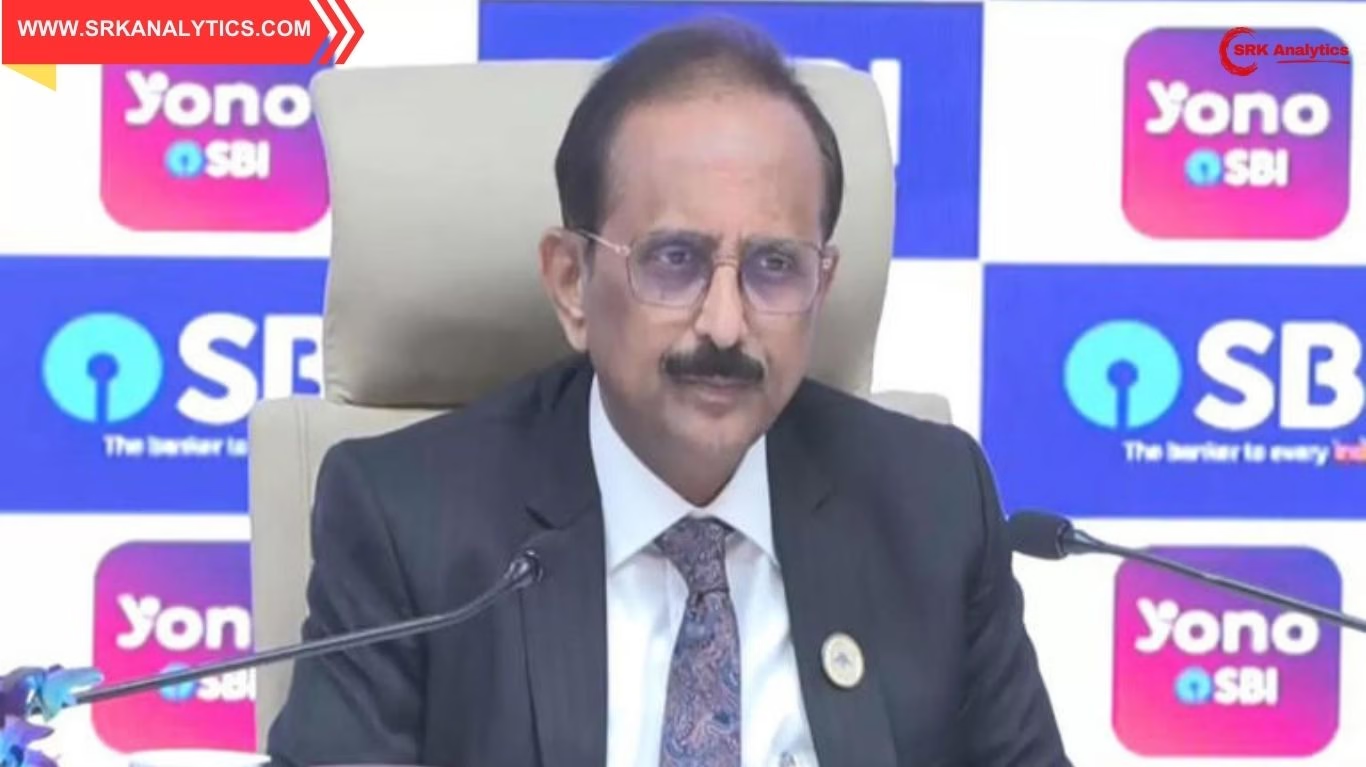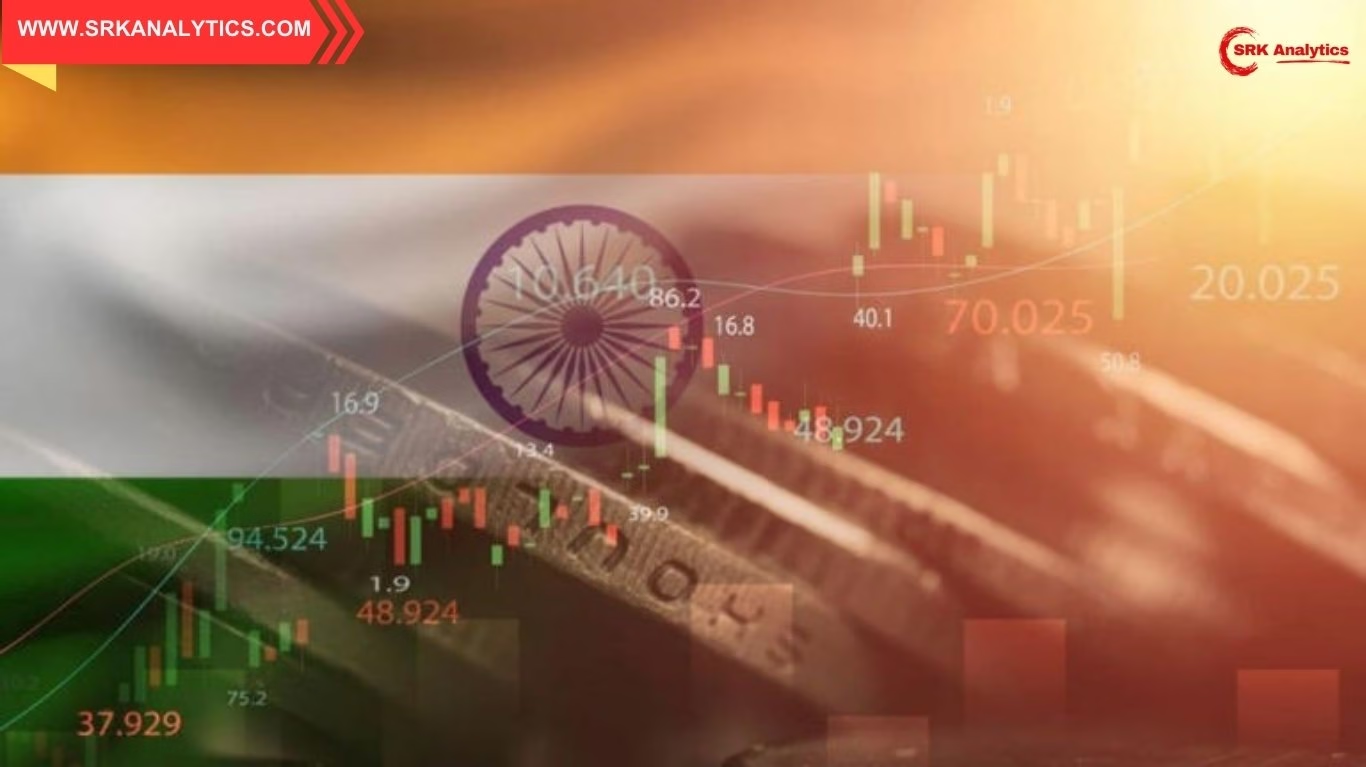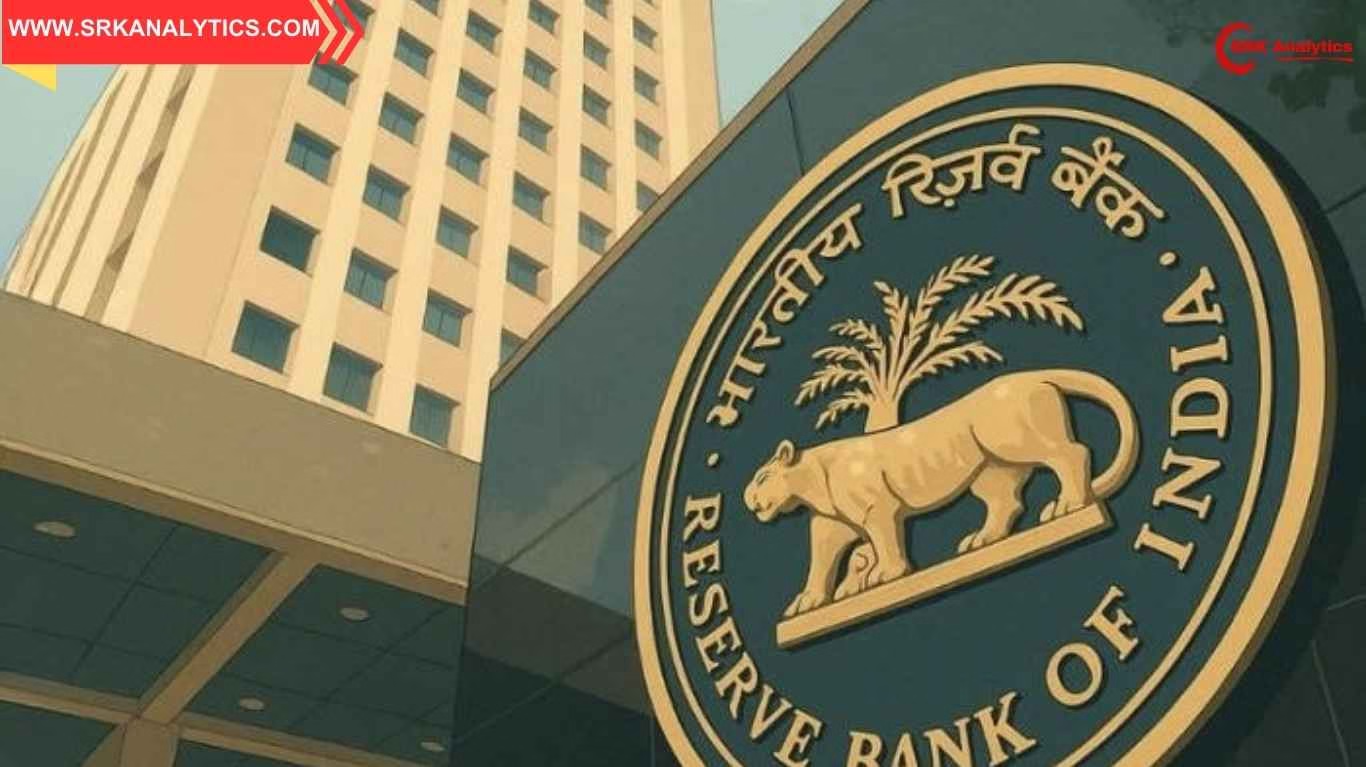India is set to transform its chemicals sector into a $1 trillion global powerhouse by 2040, according to a detailed vision blueprint released by NITI Aayog this week. The strategic plan seeks to capitalise on the country’s natural advantages, robust domestic demand, and global supply chain realignment to position India among the top three chemical manufacturing hubs in the world.
Highlights Of NITI Aayog’s Chemical Vision Plan
The chemicals and petrochemicals sector, currently valued at around $220 billion, contributes over 7% to India’s industrial output and nearly 14% to its exports. The new vision targets quadrupling sector size in 15 years by unlocking investments, enhancing global competitiveness, and integrating into diversified global value chains.
Key pillars outlined include:
- Ease Of Doing Business Reforms: Single-window clearances for chemical manufacturing units, simplified environmental approvals, and integrated port connectivity to boost investor confidence.
- Feedstock Security: Strategic tie-ups for crude derivatives and gas feedstock imports to reduce cost volatility, including securing long-term contracts from the Middle East, US, and Russia.
- Green Chemistry & Sustainability: Incentivising circular economy models, waste-to-chemical technologies, and green hydrogen-based chemical production to align with net-zero goals.
- Skill Development & R&D: Establishing Centres of Excellence in chemical engineering, biochemistry, green chemistry, and process technology to build specialised human capital.
- Cluster Development: Promoting Petroleum, Chemicals, and Petrochemicals Investment Regions (PCPIRs) and mega-clusters in Gujarat, Odisha, Tamil Nadu, and Andhra Pradesh to achieve economies of scale.
India’s Chemical Sector At A Glance
| Segment | Current Market Size ($ Billion) | Expected Size By 2040 ($ Billion) | CAGR (%) |
|---|---|---|---|
| Bulk Chemicals | 70 | 250 | 8.5 |
| Specialty Chemicals | 45 | 200 | 10.2 |
| Agrochemicals | 10 | 25 | 6.5 |
| Petrochemicals | 65 | 300 | 9.5 |
| Polymers & Plastics | 30 | 110 | 9.0 |
| Others | 5 | 15 | 7.8 |
| Total | ~220 | ~900-1000 | ~9.3 |
Why Global Leadership Is Within Reach
- Domestic Demand Boom: India’s growing middle class, rapid urbanisation, expanding agriculture sector, and infrastructure development are fuelling robust demand for polymers, agrochemicals, coatings, and industrial chemicals.
- China+1 Opportunity: Global chemical majors are diversifying away from China due to rising costs, environmental constraints, and geopolitical risks, opening doors for Indian producers to capture market share in APIs, dyes, intermediates, and specialty segments.
- Cost Competitiveness: Competitive wages, domestic feedstock processing capabilities, and established refining and petrochemical ecosystems enhance India’s relative cost advantage in the region.
- Strategic Location: India’s maritime connectivity and proximity to high-growth ASEAN, Middle East, and African markets make it an ideal export base.
- Robust Policy Push: Initiatives under Make in India, Atmanirbhar Bharat, and PLI schemes are fostering integrated chemical manufacturing clusters and encouraging domestic value addition.
Recent Major Investments Announced
| Company | Investment (₹ crore) | Segment | Location | Status |
|---|---|---|---|---|
| Reliance Industries | 75,000 | Petrochemicals expansion | Jamnagar, Gujarat | Under implementation |
| Adani Enterprises | 45,000 | PVC and chlor-alkali complex | Mundra, Gujarat | Approved |
| UPL | 12,000 | Specialty chemicals | Bharuch, Gujarat | Announced |
| BASF | 10,000 | Engineering plastics | Chennai, Tamil Nadu | Operational by 2026 |
| Tata Chemicals | 8,500 | Soda ash & lithium derivatives | Gujarat | Construction |
| SRF | 6,500 | Fluorochemicals & intermediates | Dahej, Gujarat | Ongoing |
Analysts’ Views
- Sanjay Sharma, CEO, Indian Chemical Council:
“India’s chemicals sector has the potential to become the next IT story for the country, driven by structural demand, global realignments, and strong entrepreneurial capabilities. The NITI Aayog vision is pragmatic if regulatory reforms are executed efficiently.” - Kotak Institutional Equities:
“Specialty chemicals, agrochemicals, and green chemistry segments will drive the next phase of growth. However, achieving $1 trillion will require consistent feedstock access, infrastructure upgrades, and robust R&D investments.”
Challenges To Realising The $1 Trillion Vision
Despite its promising outlook, the chemicals sector faces notable constraints:
- Feedstock Vulnerability: Heavy dependence on imported crude derivatives for petrochemicals, posing risks from geopolitical disruptions.
- Environmental Compliance Costs: Growing environmental and social governance (ESG) demands from global buyers require investment in green technologies and sustainable production.
- Logistics & Infrastructure Gaps: High inland transportation costs and limited multi-modal connectivity from ports to hinterland clusters.
- Skill Gap: Need for high-end process technologists, chemical engineers, and R&D talent in emerging segments like biopolymers, green hydrogen chemicals, and fluoropolymers.
Global Context: India vs Major Chemical Producers
| Country | 2024 Market Size ($ Billion) | Global Rank | Key Strengths |
|---|---|---|---|
| China | 1,550 | 1 | Scale, integrated clusters, R&D |
| US | 550 | 2 | High-end specialty & petrochemicals |
| Germany | 220 | 3 | Specialty chemicals, green chemistry |
| India | 220 | 4 | Bulk & specialty chemicals cost advantage |
| Japan | 200 | 5 | Engineering plastics, high-tech chemicals |
Sustainability & Green Chemistry Push
The NITI Aayog blueprint emphasises green chemistry as a core growth lever, with planned incentives for:
- Bio-based chemicals and surfactants
- Carbon capture utilisation in chemical processes
- Green hydrogen derivatives like ammonia and methanol
- Recycling and waste-to-chemical technologies
Conclusion
India’s chemicals sector is at an inflection point, with a clear vision to emerge as a global manufacturing leader. Effective implementation of regulatory simplification, feedstock security, infrastructure upgrades, and sustainability incentives will be critical to realising the $1 trillion ambition outlined by NITI Aayog.
The coming decade will likely define India’s position as a trusted and competitive chemical manufacturing hub for the world, echoing its transformative journey in the pharmaceuticals and IT services sectors. The stage is set – execution remains the key.
Disclaimer: This news content is for informational purposes only and does not constitute business or investment advice. Readers should consult certified chemical industry analysts, policy advisors, or financial experts before making strategic decisions.











